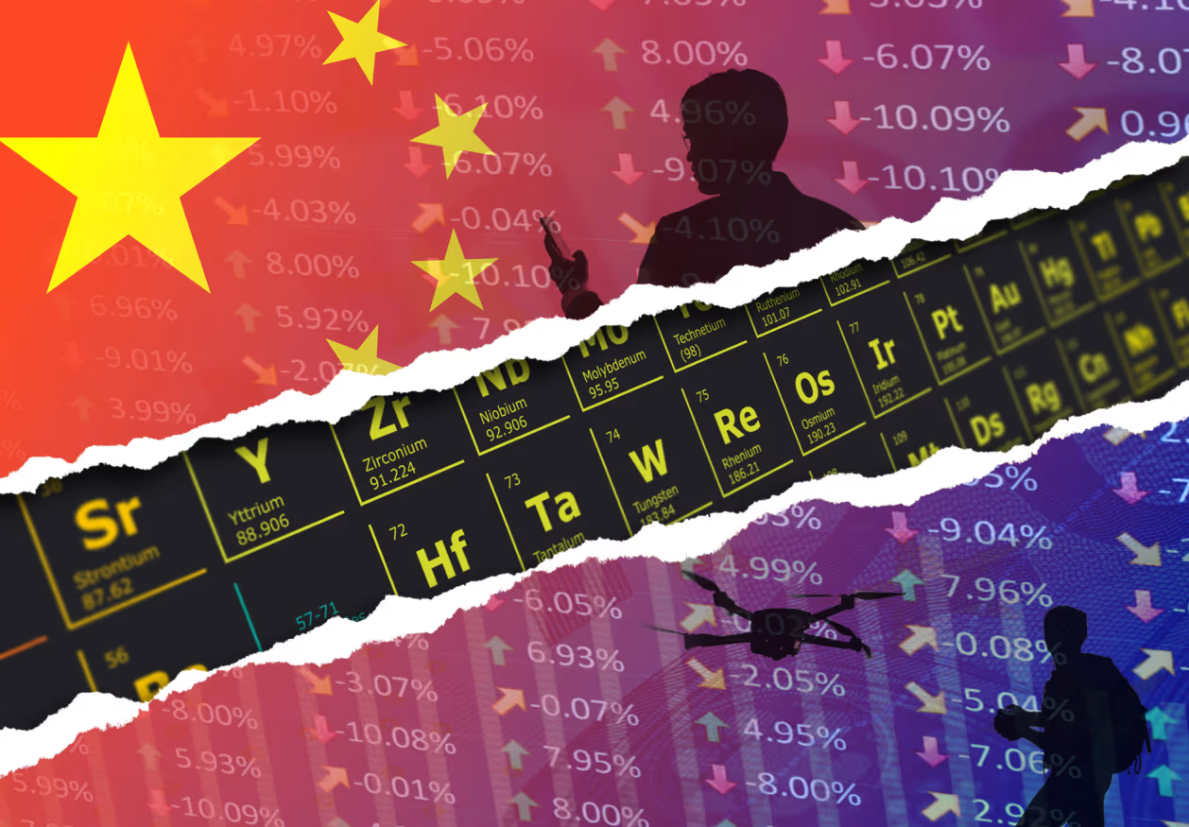
Zongyuan Zoe Liu, Senior Fellow for China Studies, Council on Foreign Relations
Jul 18, 2025
The most recent trade talks between the United States and China in Geneva and London provided little more than temporary relief in the conflict between the world’s two largest economies. Despite US President Donald Trump’s efforts to tout the stopgap measures as a “deal” that benefits America, China reads the scoreboard differently – and believes it is winning. From its vantage point, it has weathered the storm and emerged more confident, more self-reliant, and more convinced that its long game is paying off.
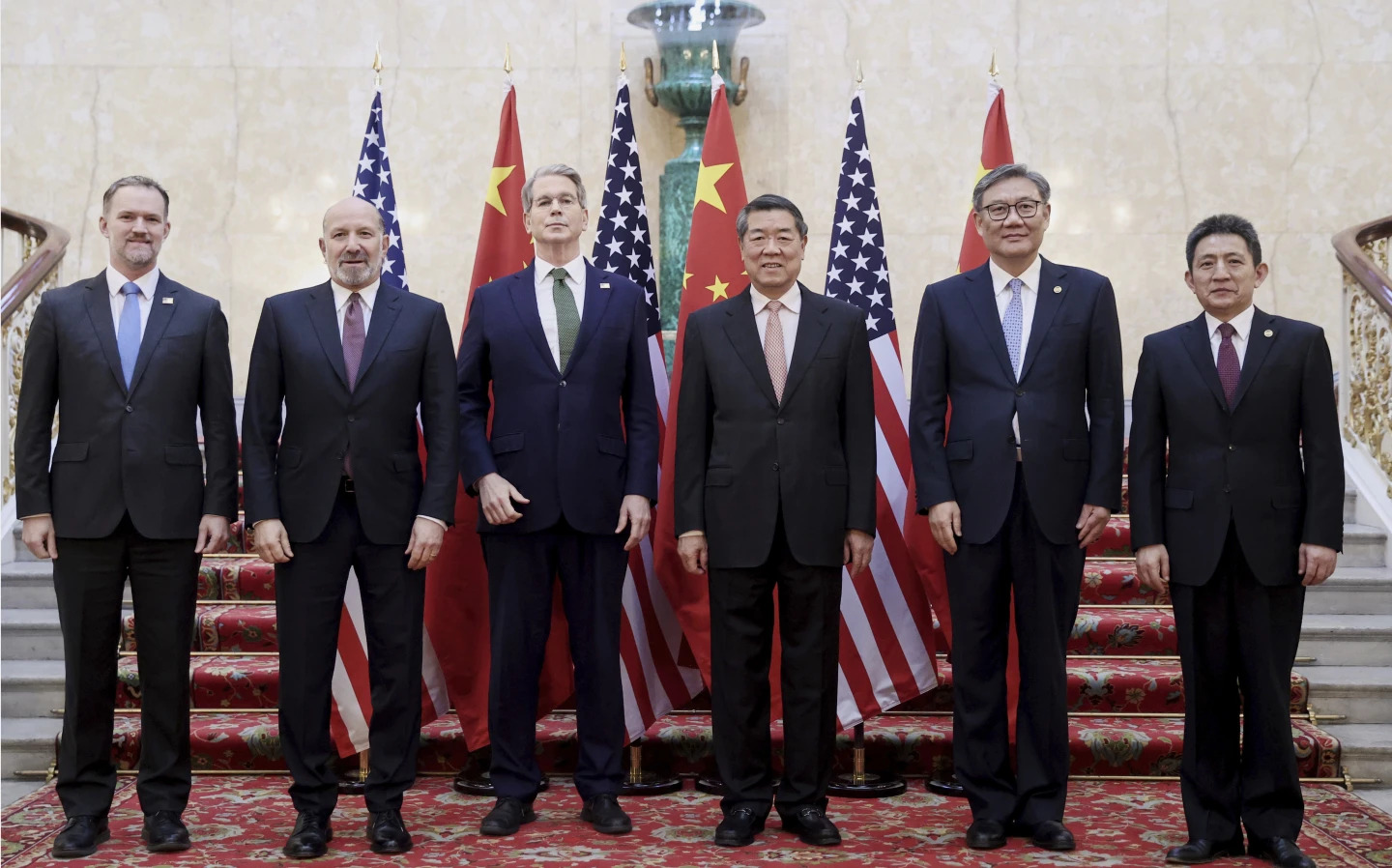
Brian Wong, Assistant Professor in Philosophy and Fellow at Centre on Contemporary China and the World, HKU and Rhodes Scholar
Jul 11, 2025
A new global stage is clearly being set as Western powers begin to react to China’s rivalling interests, and the U.K. may be positioning itself as a middle ground for the 21st Century.
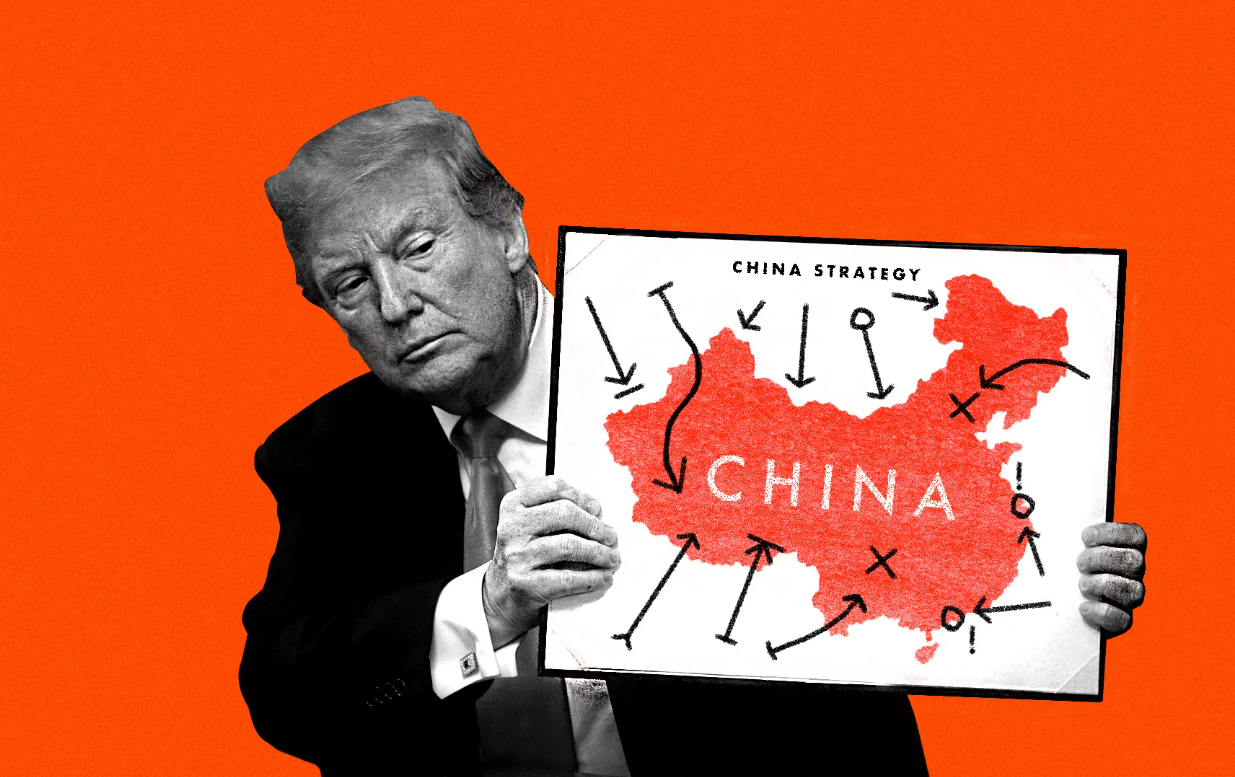
Sujit Kumar Datta, Former Chairman of Department of International Relations, University of Chittagong, Bangladesh
Jul 09, 2025
Strategic adjustments, characterized by economic decoupling, high-tech restrictions and military posturing in the Indo-Pacific region, will transform the bilateral relationship and the shape of global security itself.
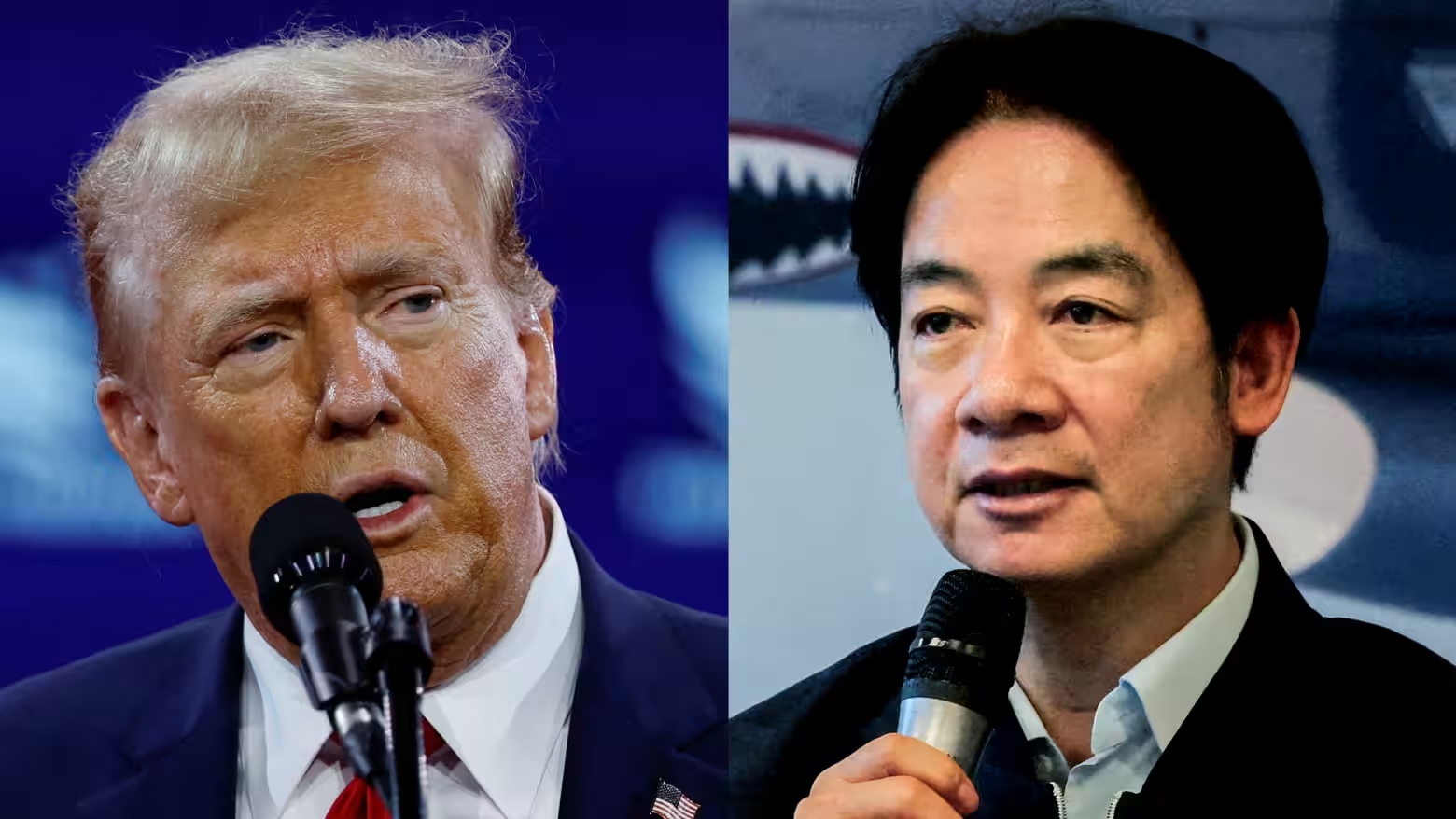
Tong Liqun, Associate Researcher at Institute for Taiwan, Hong Kong & Macao Studies, Shanghai Institute for International Studies
Jul 09, 2025
An extreme imbalance of power appears likely to emerge in the future. Donald Trump’s personal attitude will be a critical factor influencing the sensitive political dynamics of the island, and doubts about the reliability of U.S. support will continue to grow.
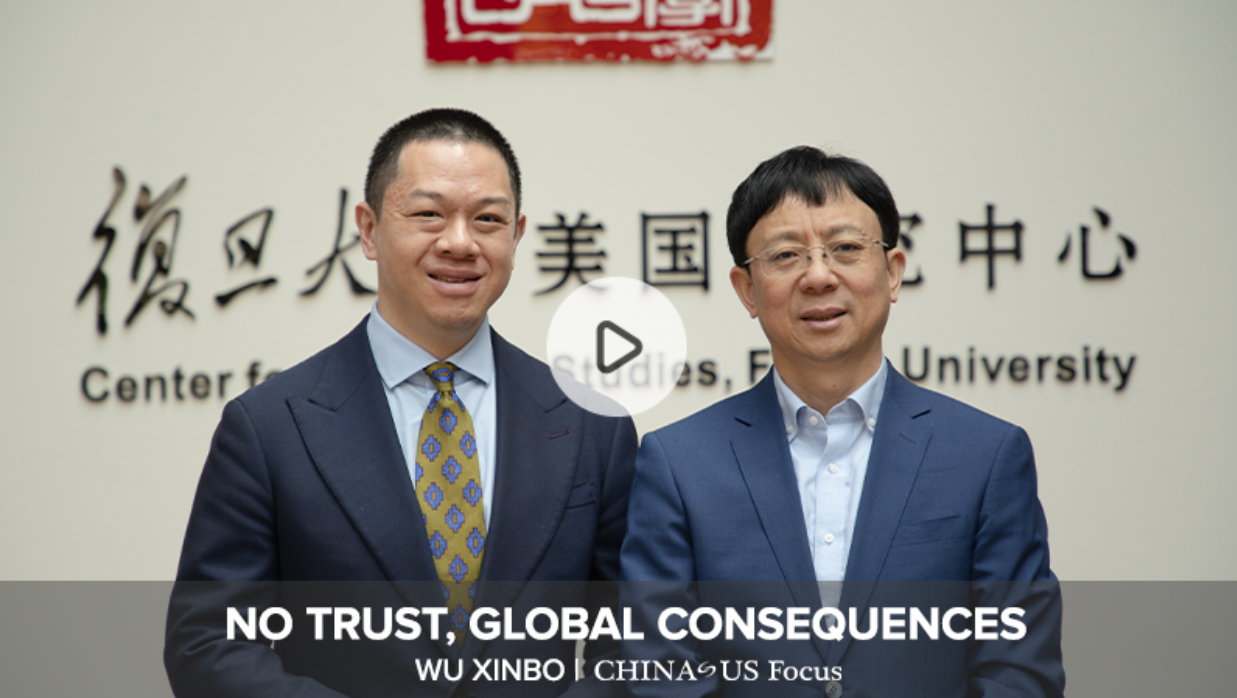
Jun 30, 2025
In this interview, Fudan University’s Professor Wu Xinbo warns that U.S.-China relations have worsened across political, economic, and security fronts since 2019, emphasizing that mutual trust is now near zero and urging a mindset shift toward cooperation in an increasingly interconnected world.
Ghulam Ali, PhD, Monash University, Australia
Jun 17, 2025
U.S. restrictions aimed at obstructing China’s technological development have, in practice, accelerated China’s pursuit of technological self-reliance.
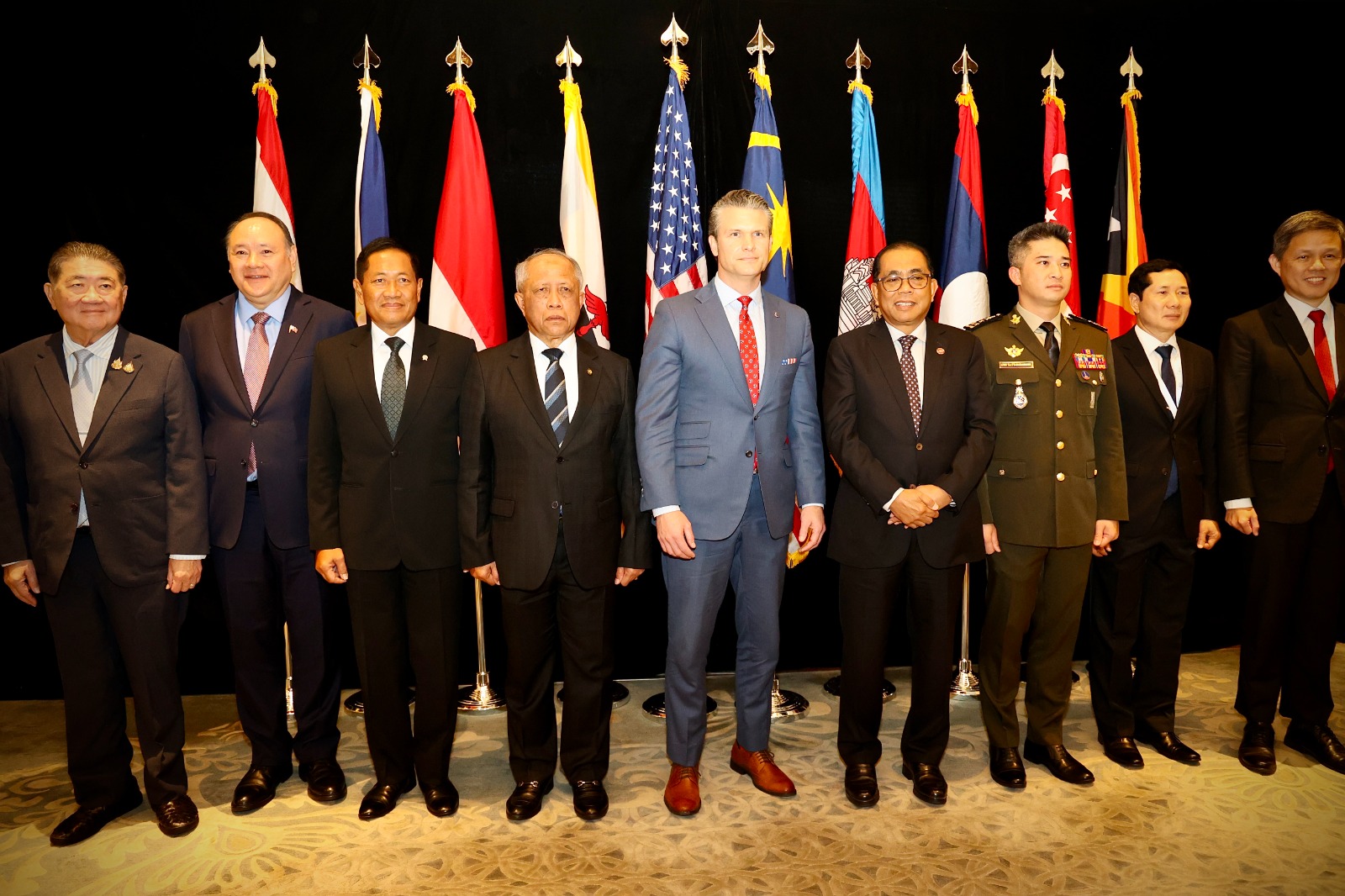
Zhang Gaosheng, Researcher at Department of World Peace and Security, China Institute of International Studies
Jun 12, 2025
The future of the Trump administration’s Indo-Pacific Strategy remains fluid. However, U.S. Defense Secretary Pete Hegseth’s two visits to the region, including his recent attendance and speech at the Shangri-La Dialogue, shed a little light.
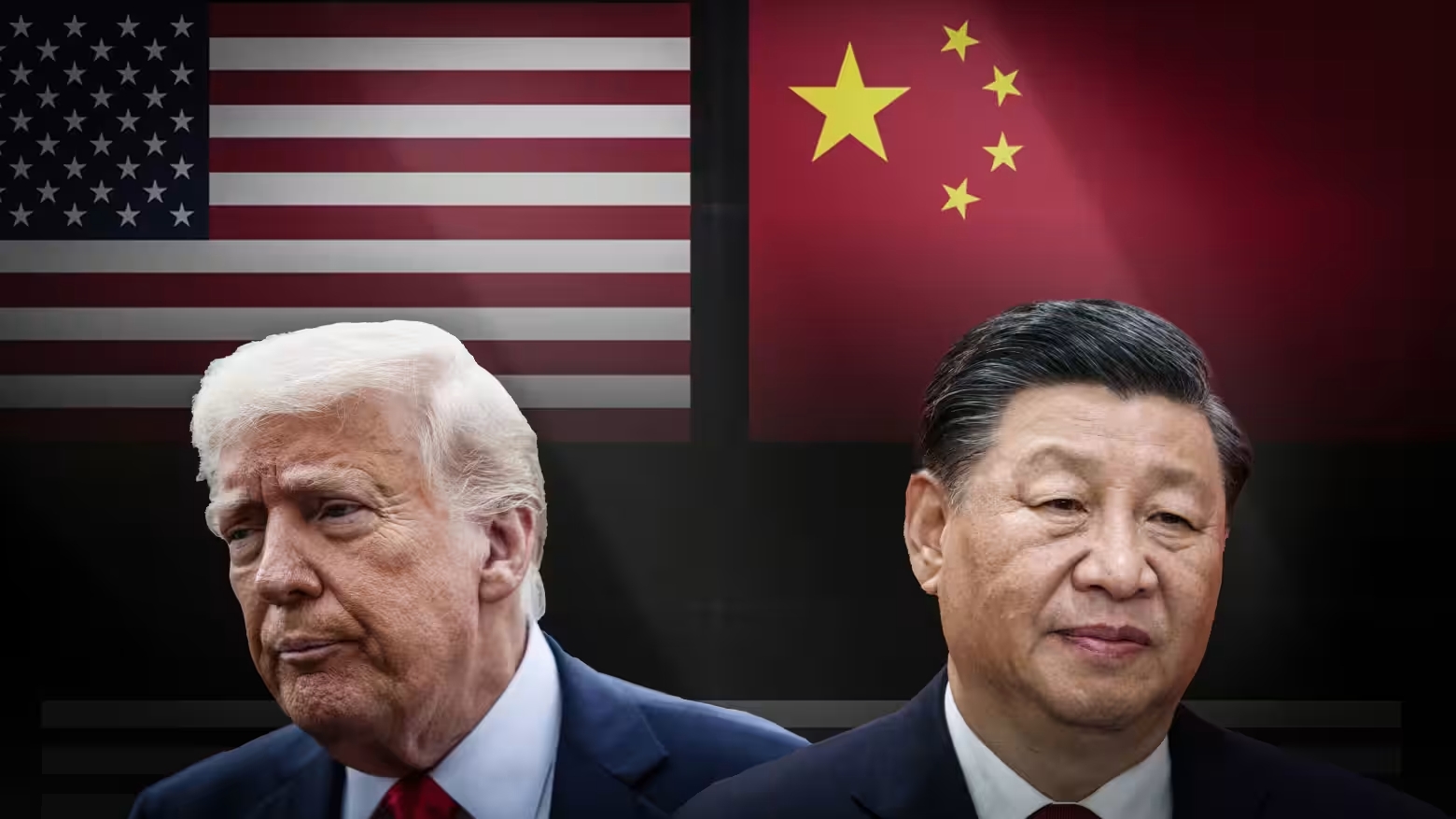
Fu Suixin, Assistant Researcher at Institute of American Studies, Chinese Academy of Social Sciences
Jun 12, 2025
Given the fact that most disruptions in the bilateral relationship originate in Washington, it is essential that the Trump administration apply the consensus reached during the call to its future actions.
Wang Yuzhu, Research Fellow, Institute for World Economy Studies, SIIS
Jun 02, 2025
America’s reindustrialization process relies heavily on China’s industrial system support. In an increasingly competitive global market, China’s full-fledged industrial system emerges as the most cost-effective and competitive option.
Zhang Monan, Deputy Director of Institute of American and European Studies, CCIEE
Jun 02, 2025
The U.S. president is coercing its allies to coordinate the policies related to critical minerals to weaken China’s influence in the global market and create a more “safe and reliable” supply chain for the United States.
Back to Top

- China-US Focus builds trust and understanding between the U.S. and China through open dialogue among thought leaders.
- Our Offerings
- Topics
- Videos
- Podcasts
- Columnists
- Research Reports
- Focus Digest
- Stay Connected
-
Thanks for signing up!
- Get the latest stories from China-US Focus weekly.